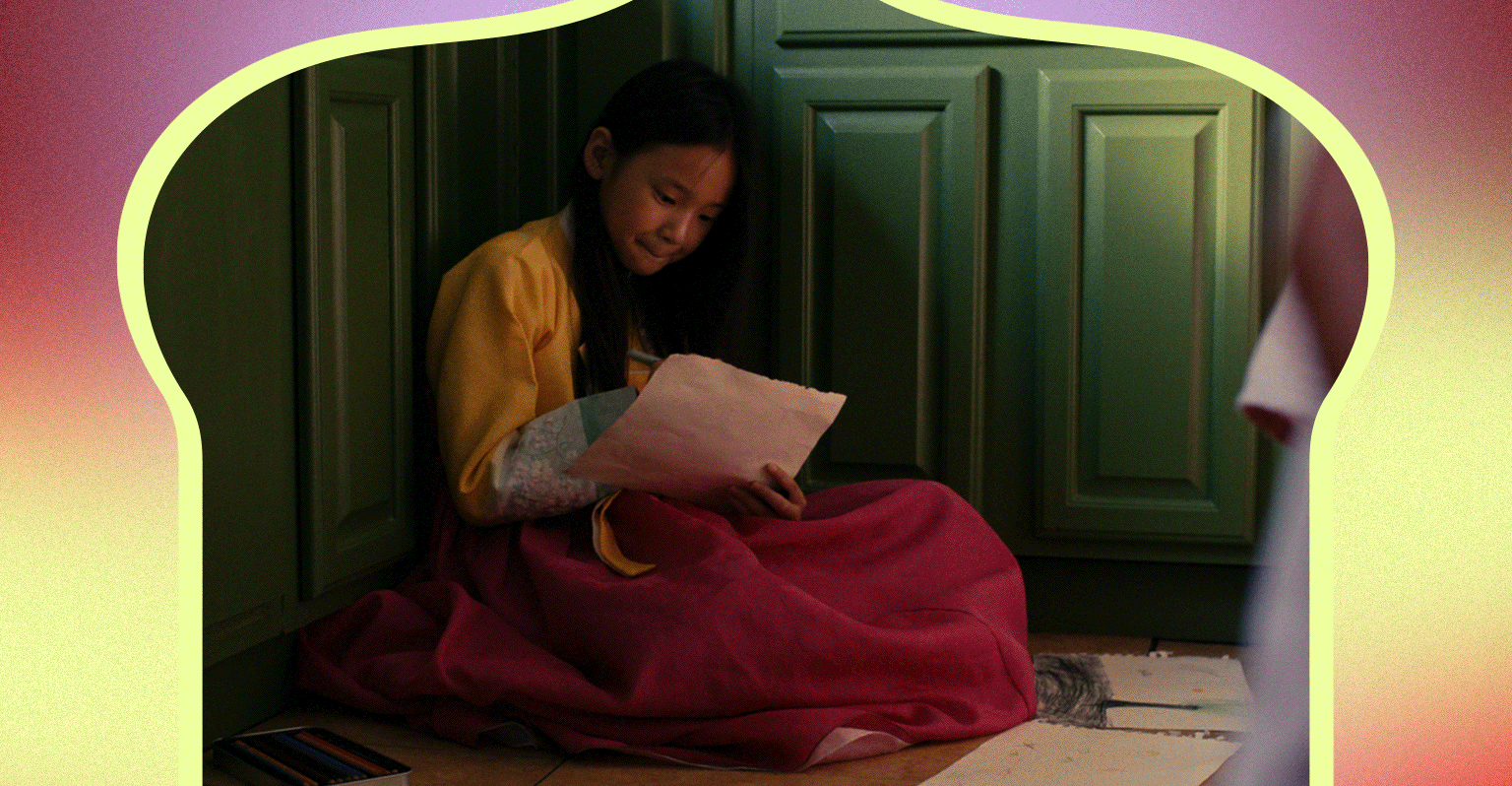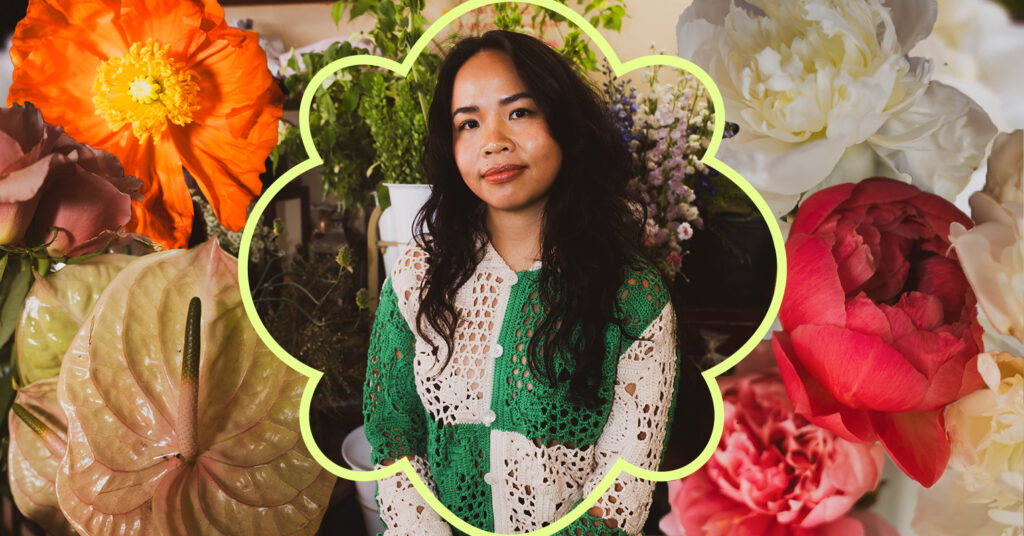8 Premieres at the 2025 Tribeca Film Festival that Showcase Asian Excellence

From layered documentaries to melodramatic stories, the 2025 Tribeca Film Festival is abundant in projects from Asian creatives. API narratives continue to shape television and film with cultural influences and exposure. Both on the screen and behind-the-scenes, the Asian perspective is embedded for authenticity and genuine storytelling.
Rosemead
Based on a true story, Rosemead unpacks the immigrant story of a single mother juggling how best to deal with her son’s deteriorating mental health. Lucy Liu (Charlie’s Angels, Kill Bill) stars as Irene Chao, a windowed Taiwanese immigrant who discovers her son’s (Lawerence Shou) disturbing obsession with mass shootings. As a result, Irene must adapt her parenting style to fit her son’s worsening schizophrenia. The drama feature touches on themes of generational trauma and dismissal of mental health issues in the Asian American community.
The chilling story is brought to life with the influence of an all Asian American creative team — Eric Lin with his directing debut feature, writer Marilyn Fu, and producer Mynette Louie. Lin shared in a personal Instagram post, “’I’m so deeply grateful for all the fine artists who gave their time and talents to tell this story about the deep bonds between a Taiwanese immigrant mother and her son and the lengths they will go to protect each other.”
The Rose: Come Back To Me
Directed by Eugene Yi, The Rose: Come Back To Me shares the journey of South Korean band, The Rose, from humble debut days to performing at Coachella. The Rose was formed in 2017 with the group releasing their first digital single “Sorry.” The band consists of four members: Woosung, Dojoon, Hajoon, and Taegyeom. The documentary delves into the tribulations of operating within the K-Pop system and parting with the group’s original music agency to sign with American record label, Transparent Arts in 2022. Following the release of “Back To Me” in July 2023, The Rose performed at Coachella in 2024 and received more international recognition.
Nobu
Prior to establishing a culinary empire, acclaimed chef Nobu Matsuhisa experienced many setbacks in his personal life and business ventures. Matt Tyrnauer directs the documentary Nobu that is inspired by Matsuhisa’s memoir, Nobu: A Memoir by Nobu Matsuhisa. In an interview with Variety, Tyrnauer said, “His [Matsuhisa] story, as I discovered when shooting this film, is a much more textured and deeply moving one than we all know. It’s rooted in family tragedy and wrenching business failures that preceded his explosive late-blooming success.”
The film includes appearances from Robert De Niro, Cindy Crawford, Jean-Georges Vongerichten, and Wolfgang Puck. Praised for his artistic innovation, Matsuhisa is known for redlining the sushi dining experience. Nobu showcases Matsuhisa’s legacy on culinary luxury and hospitality with his restaurant group continuing to evolve.
The Square
Bo-sol Kim, a graduate of the Korean Academy of Film Arts in Seoul, debuts an animated film of forbidden love set in North Korea. First Secretary to the Swedish Embassy Isak Borg lives in Pyongyang under constant surveillance. He dates a local traffic officer, Bok-joo, in secret and tries to convince her to come with him back to Stockholm. When Bok-joo abruptly disappears, Isak grows suspicious of everyone he knows.
Director Bo-sol Kim and editor Oh Yu-jin noted in an interview with New Straits Times that The Square took nearly six years to complete. Oh said that one of the biggest challenges was portraying Pyongyang authentically, “In South Korea, depictions of North Korea are often propaganda-like — grim, lifeless, and covered in slogans. I wanted to avoid clichés and focus on the fact that it’s still a city where people live ordinary lives.”
An Eye for an Eye
Co-directors Tanaz Eshaghian and Farzad Jafari examine the systemic injustice due to the Iranian patriarchal legal system in a documentary feature. After serving 14 years in prison for murdering her abusive husband, Tahereh faces execution. Only if she pays blood money demanded by her brother-in-law is Tahereh granted mercy and able to escape death. Her son, Mohsen, must scramble for donors to save his mother. An Eye for an Eye premieres with its original language in Farsi with English subtitles.
Cocoon
A short film written and directed by Sujin Jung tells the story of Hyun-sook, a mother who struggles to get her daughter, Jisoo, who experiences anxiety disorder, to perform the greeting for her grandmother at the Lunar New Year celebration. When Jisoo fails to speak, Hyun-sook must decide to punish her daughter or face generational pressures rebelling against her conservative mother-in-law. Following the epiphany that her mother has not escaped the patriarchal turbulence, writer-director Jung has expressed her commitment to sharing more stories about women’s resilience. Not only does Cocoon feature Asian talent on screen but also the creative team behind the scene — above the line crew Jiyeon Kim-Myung, Nana Okamoto, Donald Nam, Donwon Oh, and Emily Furst bring genuineness to the narrative.
People and Meat
U-sik (Park Keun Hyong), Hyeong-jung (Jang Yong), and Hwa-jin (Ye Su Jeong) portray three senior citizens that struggle to make ends meet. After dining out for a delicious meat heavy meal and not being able to afford the bill, U-sik proposes a dine-and-dash scheme. Embarking on a culinary crime spree, People and Meat comments on the emotional turmoil and neglect of elders in society. Director Jong-hyun sprinkles the story with notes of crime comedy and melodramatic confessions among newfound friendship.
Poreless
Directed by Harris Doran, the 13-minute short film is a cross-generational queer Muslim South Asian story. A queer Muslim beauty entrepreneur (Akbar Hamid) must navigate competing in a product pitch contest while dealing with the aftermath of an allergic reaction. Co-written by Fawzia Mirza (Deli Boys, Hidden Canyons), Poreless provides social commentary on the beauty industry – the beauty standards and pressure to remain perfect. In an interview with Out, Hamid said, “Creating and bringing Poreless to life has been a full-circle… As a queer, Muslim, South Asian kid, I learned early that to survive, I had to hide the parts of me that didn’t fit. I rejected the very identities that shaped me because I believed they had rejected me first.”
Want to learn more about upcoming Asian shows and films? Check out the lineup of Asian content at Netflix’s 2025 TUDUM event here!



